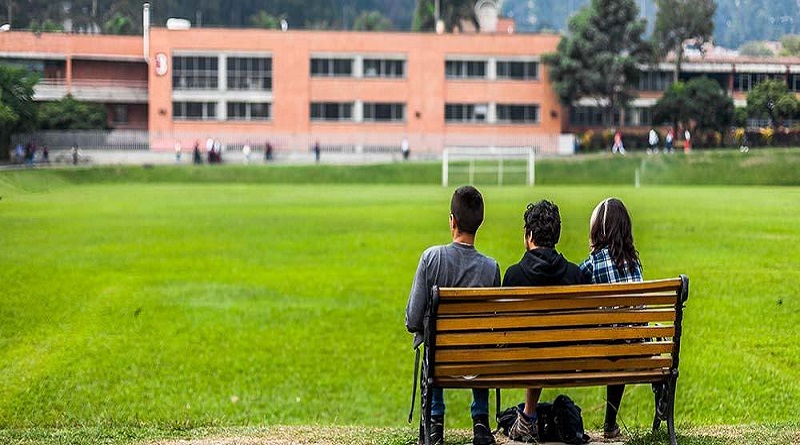Latin American universities prioritize sustainability-Study
Universities in Latin America are prioritizing sustainable living and environmental awareness and measuring themselves in order to improve performance. According to assessments conducted by 228 institutions from Colombia, Ecuador, Mexico and Peru, there has been a 54 per cent advance since 2014 in terms of compliance with set sustainability goals.
These higher education organizations are seeking to ensure that environmental considerations are included not only in the curricula, but also in the sustainable consumption of energy and water, in procurement processes and waste management.
The assessments, led by the Ibero-American Alliance of University Networks for Environmental Sustainability and the Global Universities Partnership on Environment and Sustainability, build on a previous regional study in 2014: Development of indicators to assess the implementation of sustainability policies in Latin American Universities.
The study measured performance in universities in 10 countries, based on a total of 114 indicators around 11 thematic areas: sustainability policy, awareness and participation, social and environmental responsibility, teaching and learning, research and knowledge transfer, urban planning and biodiversity, energy, water, transport, waste, and responsible procurement.
The study found that 64 per cent of the institutions assessed offer undergraduate professional programmes in environment or sustainability, while 56 per cent offer specialization, master´s degree or doctorate. Also, 47 per cent of universities have permanent programmes oriented towards finding environmental solutions in communities, and 52 per cent maintain continued collaboration with government (local, regional or national) environmental policies.
The aim of the study was to gain a better knowledge of the implementation of sustainability practices across campuses.
“The project study, results are an important advance in terms of incorporating environmental considerations at universities in the region,” says Orlando Saenz, one of the project coordinators.
UN Environment emphasizes the importance of environmental education as a key driver of empowerment to achieve effective change towards sustainable development.
University students are the politicians, lawyers, doctors, scientists and opinion leaders of the future. We need to capture them as undergraduates and teach them about the ecosystems upon which we all depend for our survival, and which are currently under huge pressure from “development” and rapid population growth.
We also need to green our universities and turn them into beacons of sustainability.
“Indicators for environmental monitoring are important because they help us to acknowledge the impact that we are having on our environment,” says Jeison Adrián Morales Guatatoca, an Ecuadorian student at Earth University in Costa Rica.
“Earth University’s main objective has been to create change agents towards sustainable development, so it is essential that the university sets an example to its students,” says Daniel Jensen Ghesquiere, a Costa Rican student at the university.
The Forum of Ministers of Environment of Latin America and the Caribbean endorses the project, which is currently supporting national assessments in Argentina, Chile and Cuba. The project´s coordinators hope these results will inspire many other universities to become interested in transitioning towards sustainability.




